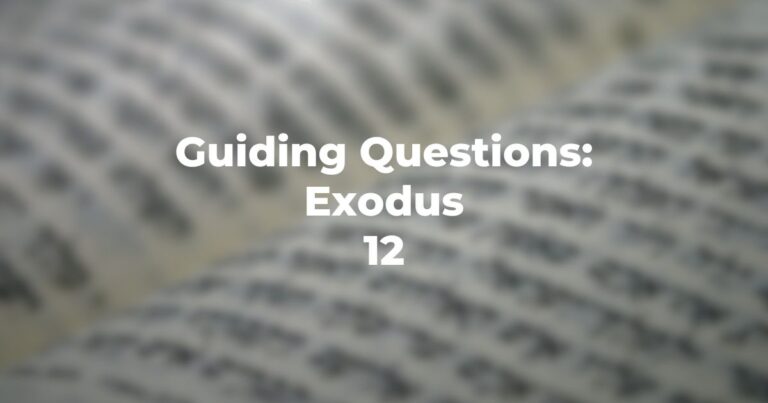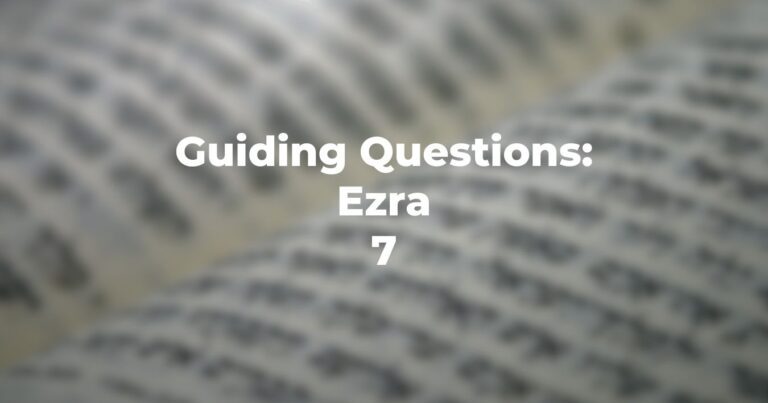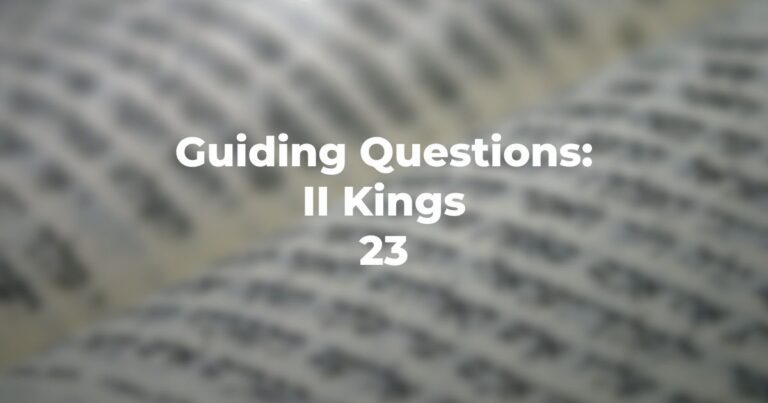- What is the grammatical problem in Numbers 12:1?
- Why is Miryam listed first?
- Does the text indicate, specifically, what was said about Mosheh’s Kushite wife?
- Does text indicate when Mosheh married the Kushite?
- Besides talking about Mosheh and his Kushite wife, what other “complaint” did Miryam and Aharon voice?
- When, indeed, does text indicate that Divinity “spoke” to Miryam?
- What is an “anav?”
- Is there any record of what Mosheh said to Miryam and Aharon?
- Is the family relationship of Mosheh to his detractors mentioned in text?
- What “mood” is communicated by the word “pitom” (suddenly)?
- Is the word “pitom” (suddenly), not used in any other point in TanakhAn acronym for the name of the Hebrew Bible: Torah, Neviim, and Ketuvim. Read more, instructive? Is it clear from the story that Mosheh is a leader non-pareil and that there will never be one comparable?
- In terms of attacks on a leader which are “ad hominem” (that is, quite personal) does the text indicate that the one who initiates is more responsible than the one who echoes (Numbers 12:1 and Numbers 12:10)?
- What distinguishes Mosheh from other Neviim; from everyone else?
- Why is no answer expected of Miryam and Aharon after Divinity castigates them?
- Why does Aharon address Mosheh as “Adoni” and not as “Ahi” (my brother)?
- Is Aharon apologizing for what was said of Mosheh by Miryam and himself?
- Why does text (Numbers 12:12) use the masculine in referring to Miryam—or is it Miryam that the text describes?
- What is Mosheh’s tefillah—for healing or for forgiveness?
- Is his tefillah answered? If not, why not; if yes, when?
- Is Miryam described here as she was described at Yam Suf (Sea of Reeds)? Why? Why not?
- Does this chapter indicate that the Brit leader is color blind and that pigmentation means nothing to Mosheh but, rather, it is what is under the epidermis that counts?
- Yet, do some people judge by color? The text does not say a “young woman” or ” a pretty woman”or “an intelligent woman” but rather “a Kushite woman.”
- Does prejudice lead to disregard of the Brit legislation and does bias warp good sense? Do they bring their displeasure to Mosheh or, rather talk about him, forgetting the mandate “hohiah tokhiah”—directly confront if you have a problem?
- Is prejudice, as presented here, a device of the prejudiced to escalate their stature?
- Are there unusual features as to how text relates to the two-fold act of (a) personal attack based on prejudice and (b) aspiration to leadership? Are Miryam and Aharon among the seventy selected in the previous story? Does their plaint recall Moshe’s own prior request for sharing authority?
- Does the genuine leader readily “forgive” and, too, seek to protect the guilty if at all possible?
- Is the basic lesson of the text that the transgression of “lashon hara” is not erased that easily, and is this particular narrative one of the few occasions when Mosheh’s intervention does not yield the desired response—at least not immediately?
Author
-

Exploring Judaism is the digital home for Conservative/Masorti Judaism, embracing the beauty and complexity of Judaism, and our personal search for meaning, learning, and connecting. Our goal is to create content based on three core framing: Meaning-Making (Why?), Practical Living (How?), and Explainers (What?).
View all posts




